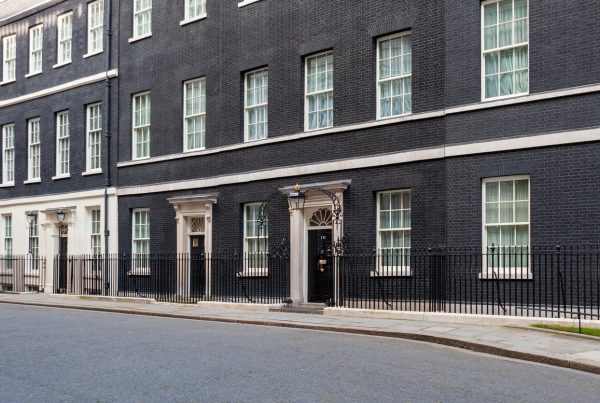By Stephen McLoughlin, Senior Public Affairs and Policy Manager, ukactive
And so the battle lines are drawn. After a few weeks of trading blows based on what each party may or may not offer on 4 July, with manifestos published all has been revealed.
In elections past, manifesto week has been pivotal to the result. In 1983, Labour’s manifesto was described as ‘the longest suicide note in history’. In 2017, Theresa May’s ‘dementia tax’ derailed the campaign on the way to losing her majority. The early signs in 2024 suggest no such seismic impact.
With a campaign characterised by eye-catching photo opportunities, it felt apt that the Liberal Democrats launched their manifesto with Ed Davey on a rollercoaster – characterised by popular pledges, underpinned by less than robust finances.
Health and social care was a major theme, including spending commitments on the NHS and public health. There was specific mention of the need to increase activity, as well as the most concrete offer yet on reform of business rates.
The sums behind it have not convinced many, but as a set of potential policies for a third party in the Commons, or even the Opposition or junior coalition partner, it could prove to be an astute document for future prospects.
In search of a gamechanger that would alter the course of the election, the Conservative manifesto provided yet another disappointment for the party.
Despite providing more detail on some policy areas, such as welfare reform (see our response to the previous announcement in April) and business taxation, and a significant tax announcement on National Insurance for the self-employed, the manifesto lacked the knockout retail policy the party needed.
Labour’s launch on Thursday was perhaps the most anticipated, what with their dominant position in the polls, a feeling which contributed to a sense among many that the document underwhelmed.
There was little additional detail on many of the policy areas, and while there were positive noises on the importance of health and prevention there was a lack of specific ambition relating to the value physical activity can play here. Other areas, such as Industrial Strategy and business taxation, will see more detail if and when a Government is formed.
The document, though, fulfilled its purpose: quietly setting out a broad Labour plan for economic growth, without a level of detail that could risk scuppering a campaign that is currently cruising to victory. The ‘Ming vase’ is intact.
This is why the sector came together this week to sign a letter to party leaders calling on them to commit to making the UK the most active nation in Europe – and unlock the potential of the sector.
And so, after a week of manifestos and further TV debates focusing more on personality than policy, we remain resolutely where we were, albeit another week closer to polling day. With little sign of the polls changing, thoughts may start to turn towards engaging with a new Government in just a few weeks’ time. And yet, there is still time for a sting in the tail…
To learn more, download our policy paper. ukactive members have been sent a full analysis of the manifestos as part of our General Election coverage. For more information or to help support our campaigning, email: publicaffairs@ukactive.org.uk

More People More Active More Often




